Home>Articles>How Long Are Mushrooms Good In The Refrigerator
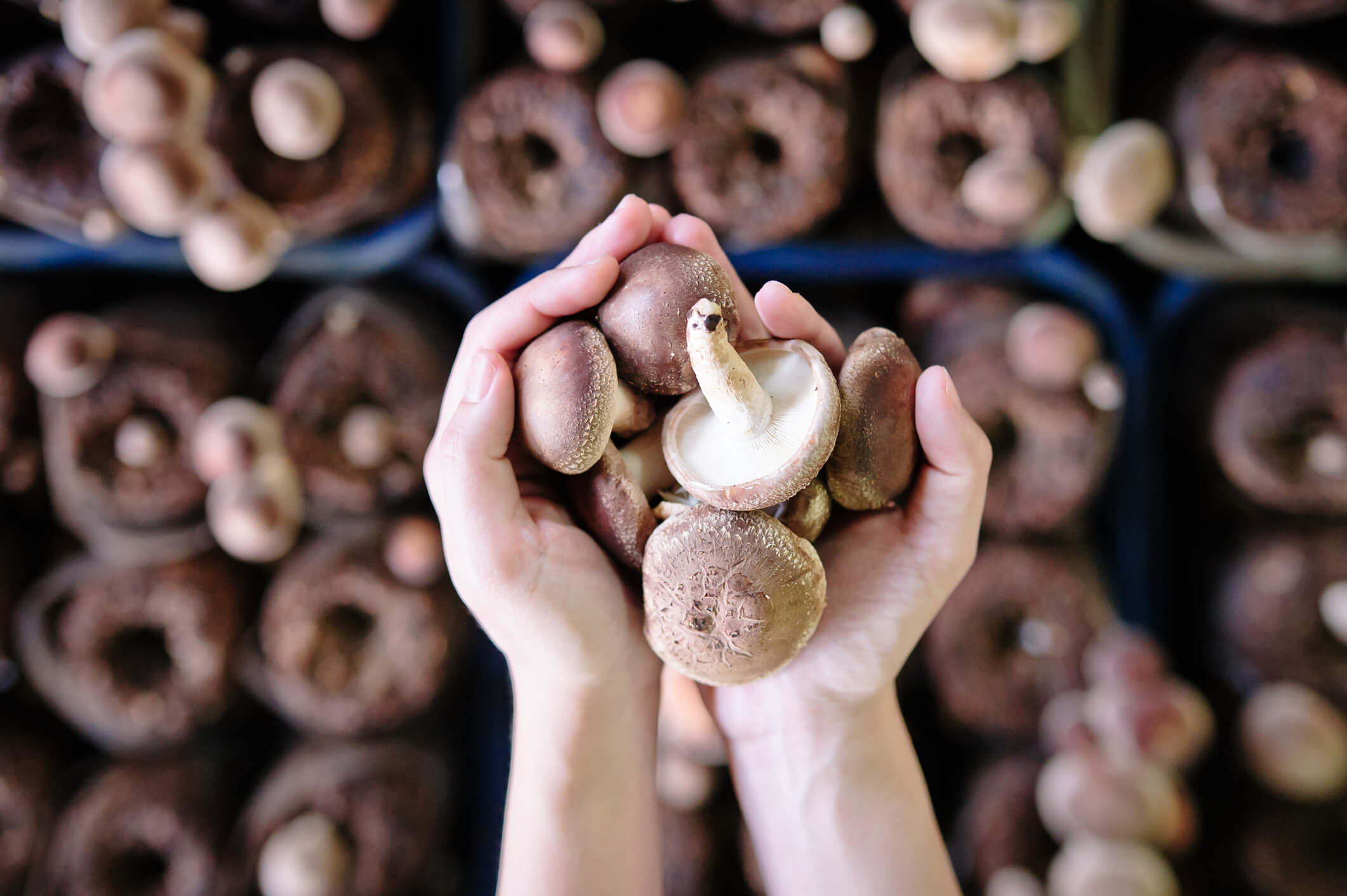

Articles
How Long Are Mushrooms Good In The Refrigerator
Modified: August 24, 2024
Discover how long mushrooms can be stored in the refrigerator and make the most of your groceries. Read more informative articles on food storage and freshness.
(Many of the links in this article redirect to a specific reviewed product. Your purchase of these products through affiliate links helps to generate commission for Storables.com, at no extra cost. Learn more)
Introduction
Mushrooms are a versatile and flavorful ingredient that can add depth to a variety of dishes. Whether you’re using them in soups, stir-fries, or salads, it’s essential to store them properly to maintain their freshness and quality. While mushrooms have a relatively short shelf life compared to other produce, refrigeration can help extend their lifespan.
In this article, we will explore the factors that influence mushroom shelf life, the importance of proper storage, and how long mushrooms can typically last in the refrigerator. By understanding these aspects, you’ll be equipped with the knowledge to keep your mushrooms fresh and delicious for longer periods.
Key Takeaways:
- Proper refrigeration and storage in breathable containers can extend mushroom shelf life in the refrigerator, typically lasting 7 to 10 days. Delicate varieties may have a shorter lifespan, so use them quickly.
- Assess mushroom freshness by visual appearance, texture, odor, and signs of spoilage. Follow proper handling and storage tips to maximize their longevity and enjoy flavorful culinary creations.
Factors Affecting Mushroom Shelf Life
Several factors play a role in determining how long mushrooms stay fresh. Understanding these factors can help you adjust your storage methods accordingly to prolong their shelf life. Here are some key factors to consider:
- Variety: Different mushroom varieties have varying shelf lives. For example, delicate mushrooms like morel or enoki mushrooms tend to have a shorter lifespan compared to heartier varieties like button or portobello mushrooms.
- Freshness at Purchase: The initial quality of the mushrooms at the time of purchase also affects their shelf life. Look for mushrooms that are firm, plump, and free from any bruising or discoloration.
- Handling: Mushrooms are delicate and can easily get damaged during handling. Rough handling or excessive squeezing can accelerate spoilage. It’s important to handle them gently and with care.
- Moisture: Mushrooms have a high water content, and excess moisture can lead to quicker deterioration. Too much moisture can cause them to become slimy or develop mold. It’s crucial to store mushrooms in a dry environment.
- Temperature: Mushrooms are temperature-sensitive. Exposure to higher temperatures can cause them to spoil faster. Storing them in a cool environment is essential to maintain their freshness. Refrigeration is the recommended method for keeping mushrooms fresh for longer.
- Exposure to Air: Like most produce, mushrooms react adversely to prolonged exposure to air. Exposure to oxygen can cause them to turn brown and lose their crispness. Proper packaging and storage methods can help minimize exposure to air and maintain their quality.
- Contamination: Mushrooms are susceptible to bacterial and fungal contamination. Proper cleaning and storing in a sanitized environment can help minimize the risk of contamination.
By taking these factors into account and implementing proper storage methods, you can extend the shelf life of your mushrooms and ensure their freshness for longer periods.
Proper Storage of Mushrooms
Proper storage of mushrooms is crucial to maintain their freshness, texture, and flavor. Following these guidelines will help you keep your mushrooms in optimal condition:
- Refrigeration: Refrigeration is the best method for storing mushrooms. Keep them in the main compartment of the refrigerator, as the temperature is cool and consistent. Avoid placing them in the vegetable drawer where the humidity may be too high, leading to faster spoilage.
- Container: Store mushrooms in a breathable container that allows for air circulation. A paper bag or a loosely closed paper towel works well. This helps to absorb excess moisture and prevent the mushrooms from becoming slimy.
- Avoid Plastic Bags: Avoid storing mushrooms in plastic bags or airtight containers as they can trap moisture and promote the growth of mold.
- Separate from Strong Odors: Mushrooms are porous and can easily absorb odors from strong-smelling foods. To avoid flavor contamination, store them separately from pungent ingredients like onions or garlic.
- Do Not Wash Before Storage: It’s best to refrain from washing mushrooms before storing them. Excess moisture can accelerate spoilage. Instead, wait until you’re ready to use them and rinse them immediately before cooking.
- Check Regularly: Check your mushrooms regularly for any signs of spoilage, such as discoloration or sliminess. Remove any mushrooms that show these signs to prevent them from contaminating the rest.
By following these storage guidelines, you can prolong the shelf life of your mushrooms and maintain their quality for an extended period. Keeping them fresh and ready for your culinary creations!
Significance of Refrigeration
Refrigeration plays a crucial role in preserving the freshness and quality of perishable foods, including mushrooms. Here are some reasons why refrigeration is significant for mushrooms:
- Temperature Control: Refrigerators are designed to maintain a consistent and cool temperature, typically around 35 to 40 degrees Fahrenheit (1 to 4 degrees Celsius). This temperature range slows down the growth of bacteria and fungi, which helps to extend the shelf life of mushrooms.
- Moisture Control: Refrigerators provide a controlled environment with lower humidity levels. Excess moisture can promote the growth of bacteria and mold, leading to spoilage. By storing mushrooms in the refrigerator, you can help reduce moisture and prevent them from becoming slimy or developing mold.
- Protection from Heat: Mushrooms are sensitive to heat and exposure to higher temperatures can accelerate spoilage. Refrigeration ensures that mushrooms are kept in a cool environment away from heat sources, helping to maintain their freshness and texture.
- Delays Enzymatic Activity: Refrigeration slows down enzymatic reactions in mushrooms, which can cause browning and deterioration. By keeping mushrooms in the refrigerator, you can slow down this enzymatic activity and maintain their visual appeal and flavor.
- Prolongs Shelf Life: The combination of controlled temperature and moisture in refrigeration significantly extends the shelf life of mushrooms. Proper refrigeration can extend their freshness for up to a week or even longer, compared to leaving them at room temperature where they may only last a few days.
Refrigeration is a vital tool in preserving the quality and freshness of mushrooms. By utilizing refrigeration as a storage method, you can ensure that your mushrooms retain their flavor, texture, and nutritional value for an extended period, allowing you to enjoy them in various culinary creations.
Store mushrooms in a paper bag in the refrigerator for up to 7-10 days. Avoid storing them in airtight containers or plastic bags, as they can become slimy.
How Long Are Mushrooms Good in the Refrigerator?
The shelf life of mushrooms can vary depending on factors such as freshness at the time of purchase, variety, and storage conditions. However, when properly stored in the refrigerator, mushrooms can generally stay fresh for about 7 to 10 days.
It’s important to note that while mushrooms can last up to a week or more, their quality will gradually deteriorate over time. As they age, they may become slightly slimy or develop a dull appearance. Therefore, it is best to use mushrooms within the first few days of purchase for the best flavor and texture.
If you have mushrooms that are approaching the end of their shelf life, it’s still possible to use them in your cooking. However, it’s crucial to carefully check them for any signs of spoilage, such as mold, excessive slime, or a strong unpleasant odor. If you notice any of these signs, it is best to discard them to avoid any potential foodborne illnesses.
It’s worth mentioning that delicate mushroom varieties, such as morel or enoki mushrooms, have a shorter shelf life compared to sturdier ones like button or portobello mushrooms. Delicate mushrooms may only stay fresh for 3 to 5 days in the refrigerator, so it’s important to use them quickly after purchase.
Remember, these are general guidelines, and individual mushrooms may have variations in freshness and shelf life. Assessing the freshness of mushrooms can be done by visual inspection and checking for any signs of spoilage or deterioration.
To make the most of your mushrooms and ensure their optimal freshness, it is advisable to purchase them close to when you plan to use them and store them properly in the refrigerator.
Assessing Mushroom Freshness
Assessing the freshness of mushrooms is essential to ensure their quality and safety for consumption. Here are some key factors to consider when evaluating the freshness of mushrooms:
- Visual Appearance: Start by examining the mushrooms visually. Look for firm, plump caps without any visible bruising, mold, or dark spots. The color of the mushrooms should be vibrant and consistent, depending on the variety.
- Sliminess and Texture: Fresh mushrooms should have a firm texture. If they feel slimy or have a mushy texture, it indicates spoilage and should be avoided.
- Odor: Take a sniff of the mushrooms. Fresh mushrooms should have a mild earthy aroma. If they have a strong, unpleasant odor or smell off, it’s a sign of spoilage.
- Mold and Discoloration: Check for any signs of mold growth on the mushrooms. Moldy or discolored spots, especially on the caps, indicate deterioration and should be discarded.
- Gill Integrity: For mushrooms with gills, such as portobello or cremini, inspect the gills. They should be clean and free from any sliminess or discoloration.
- Stem Condition: The stem of the mushrooms should be firm and intact. Avoid mushrooms with shriveled or soft stems as they may be past their prime.
When assessing the freshness of mushrooms, it’s important to note that even slightly aged mushrooms can still be safe to eat if there are no signs of spoilage. However, their texture and flavor may not be as desirable compared to fresher mushrooms.
If you’re unsure about the freshness of your mushrooms, it’s best to err on the side of caution and discard them to avoid any potential foodborne illnesses. Remember, it’s always better to be safe than sorry when it comes to perishable food items.
By being observant and using these guidelines to assess mushroom freshness, you can ensure that you’re using the highest quality mushrooms in your cooking, resulting in delicious and satisfying culinary creations.
Tips for Prolonging Mushroom Shelf Life
To prolong the shelf life of your mushrooms and ensure their freshness for as long as possible, consider following these tips:
- Buy Fresh Mushrooms: Purchase mushrooms that are firm, plump, and free from any signs of damage or discoloration. Fresher mushrooms will have a longer shelf life.
- Handle with Care: Mushrooms are delicate and can easily become bruised or damaged. Handle them gently and avoid excessive squeezing or rough handling, as this can accelerate spoilage.
- Store in the Refrigerator: Refrigeration is the best way to prolong the shelf life of mushrooms. Keep them in the main compartment of the refrigerator, away from the vegetable drawer where humidity may be higher.
- Use Breathable Containers: Store mushrooms in breathable containers that allow for air circulation. Paper bags or loosely closed paper towels work well to absorb excess moisture while preventing the mushrooms from becoming slimy.
- Avoid Plastic Bags: Avoid storing mushrooms in plastic bags or airtight containers as these can trap moisture, leading to faster spoilage.
- Separate from Strong Odors: Mushrooms can easily absorb odors from strong-smelling foods, which may affect their flavor. Keep them stored separately from pungent ingredients like onions or garlic.
- Don’t Wash Before Storage: It’s best to refrain from washing mushrooms before storing them as excess moisture can accelerate spoilage. Wait to rinse them until just before you’re ready to use them.
- Check Regularly: Regularly check your mushrooms for any signs of spoilage, such as mold, excessive slime, or a strong odor. Remove any mushrooms showing these signs to prevent further contamination.
- Freeze for Longer Storage: If you have mushrooms that you won’t be able to use before their shelf life expires, consider freezing them. Slice or chop the mushrooms, spread them out on a baking sheet, and freeze them. Once frozen, transfer them to a freezer-safe bag or container. Frozen mushrooms can be used in cooked dishes directly from the freezer.
By following these tips, you can extend the shelf life of your mushrooms and keep them fresh and flavorful for an extended period. Proper storage and handling practices are key to maximizing their longevity, allowing you to enjoy these versatile fungi in your favorite recipes with confidence.
Conclusion
Mushrooms are a delightful and versatile ingredient that can bring depth and flavor to a wide range of dishes. To ensure their freshness and quality, proper storage is crucial. By understanding the factors that affect mushroom shelf life and implementing proper storage techniques, you can prolong their lifespan and enjoy them for longer periods.
Refrigeration plays a significant role in preserving the freshness of mushrooms. Keeping them in the main compartment of the refrigerator, in a breathable container, helps maintain a controlled temperature and moisture level. This extends their shelf life and prevents spoilage.
When assessing mushroom freshness, consider visual appearance, texture, odor, and any signs of mold or discoloration. It’s essential to discard mushrooms that show signs of spoilage to avoid any potential health risks.
To maximize the shelf life of mushrooms, follow key tips such as buying fresh mushrooms, handling them with care, storing them separately from strong odors, and regularly checking for signs of spoilage. Freezing mushrooms is also an option to prolong their storage life when needed.
In conclusion, by applying proper storage methods and being mindful of mushroom freshness, you can enjoy these fantastic fungi in all your culinary endeavors. With a little attention and care, your mushrooms will stay fresh, flavorful, and ready to enhance the taste of your favorite dishes.
Frequently Asked Questions about How Long Are Mushrooms Good In The Refrigerator
Was this page helpful?
At Storables.com, we guarantee accurate and reliable information. Our content, validated by Expert Board Contributors, is crafted following stringent Editorial Policies. We're committed to providing you with well-researched, expert-backed insights for all your informational needs.

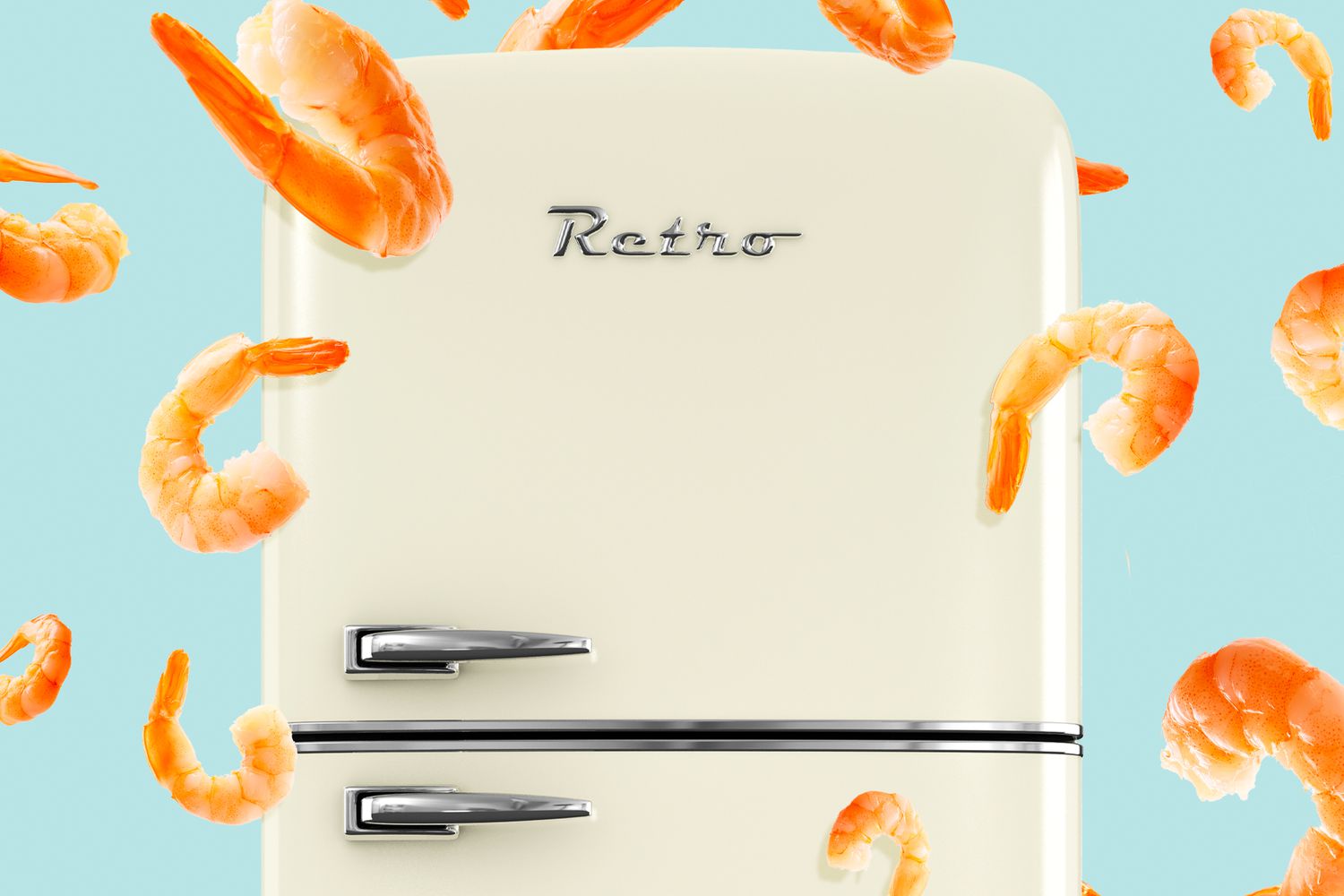

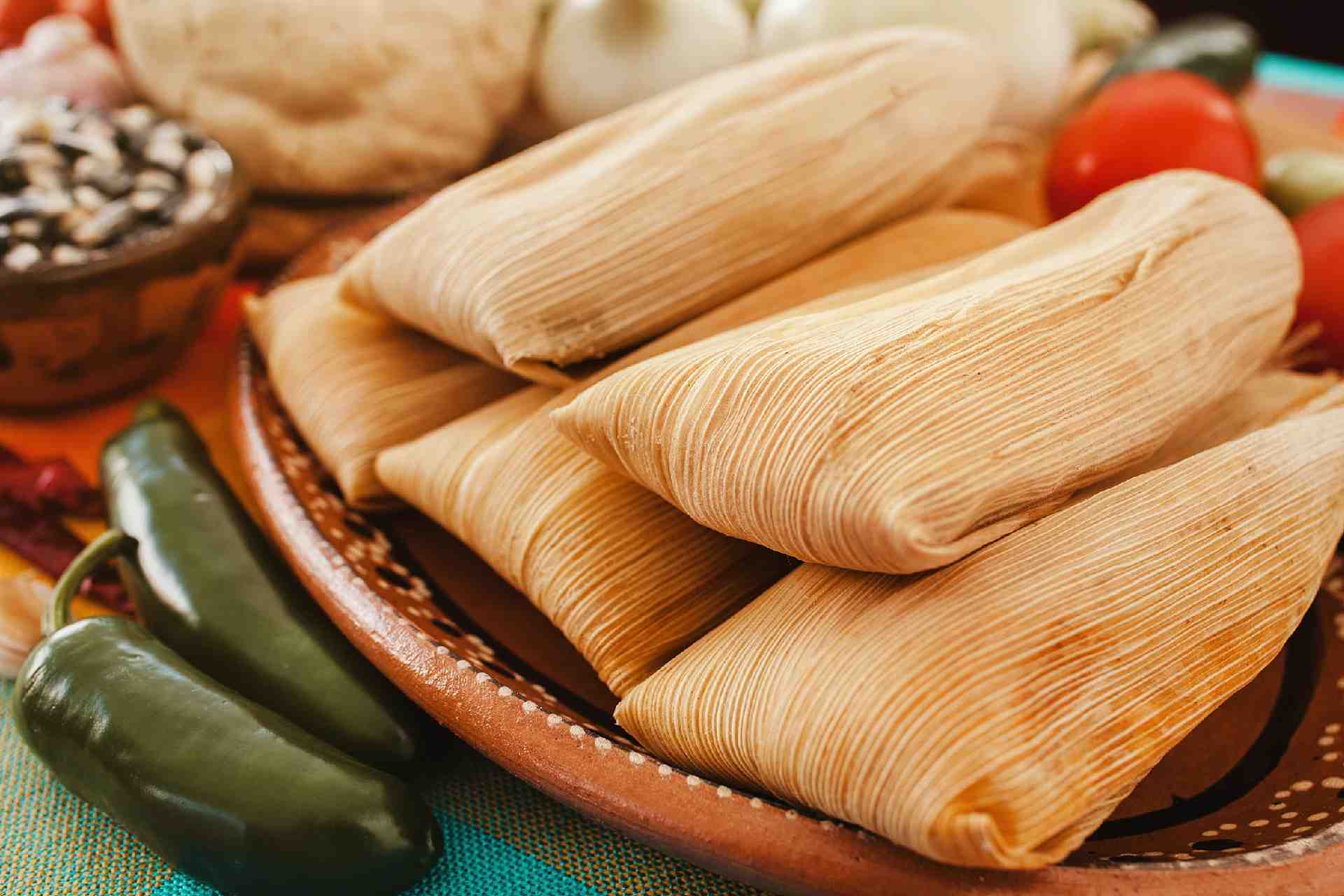
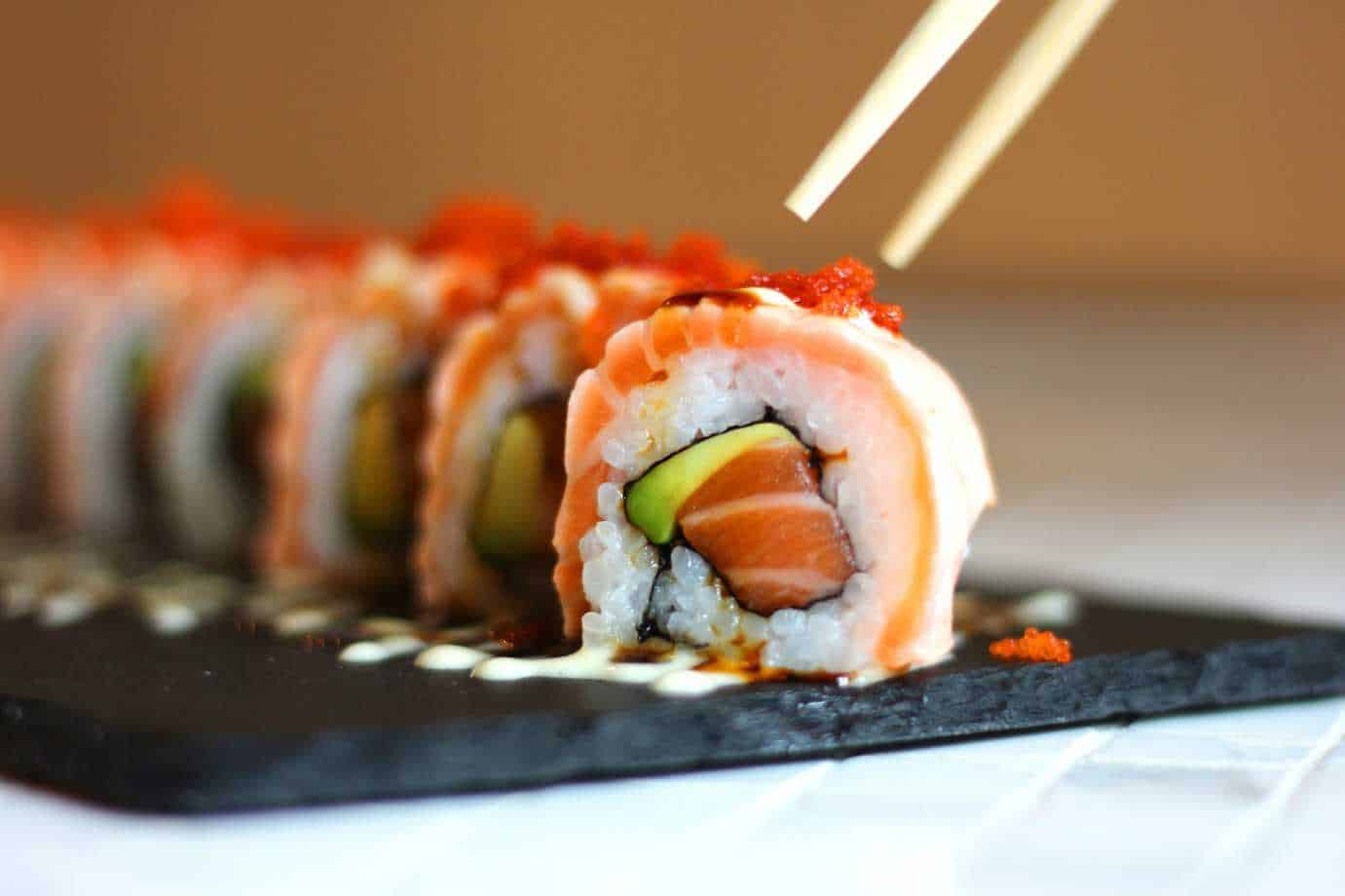
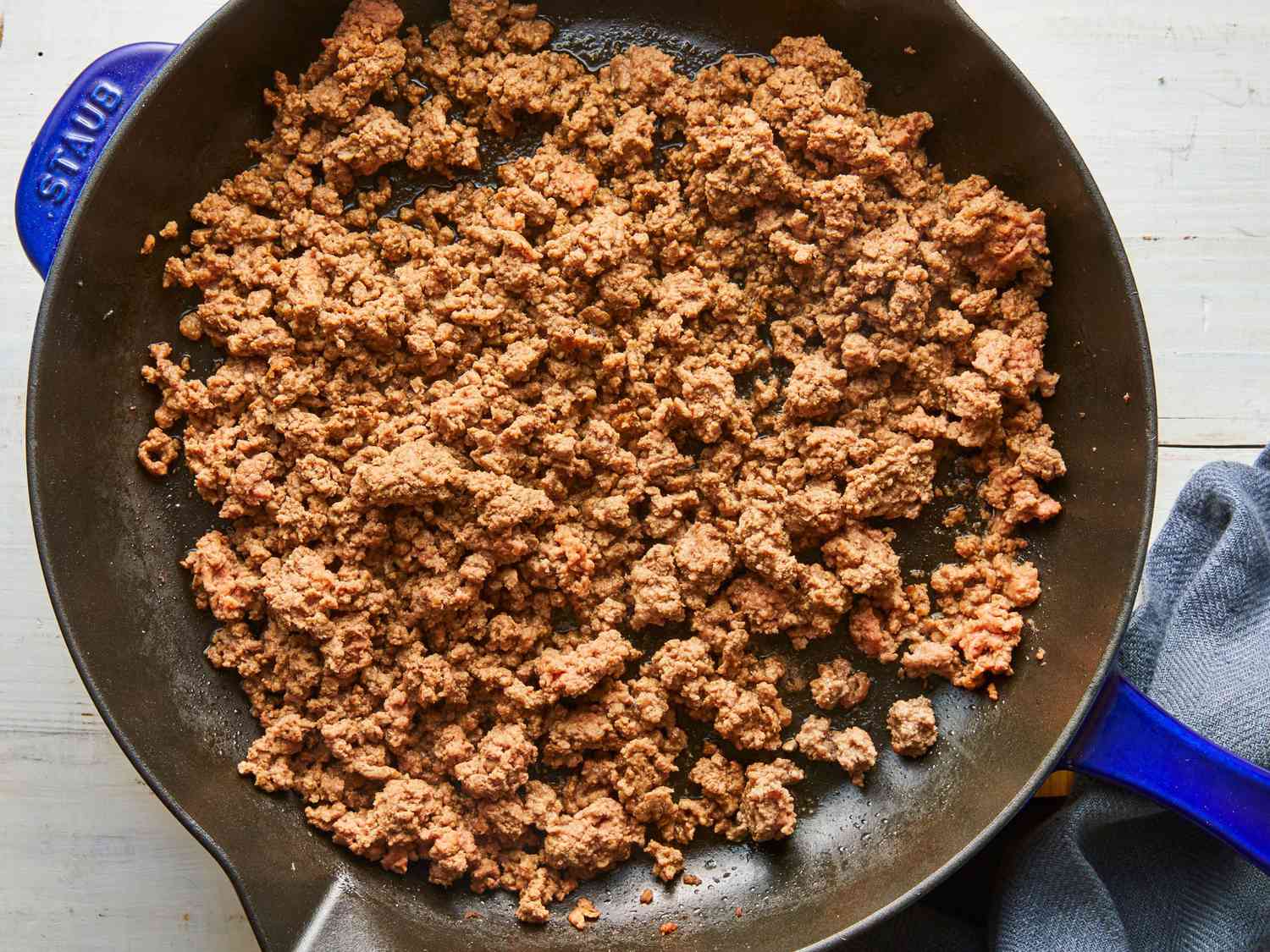
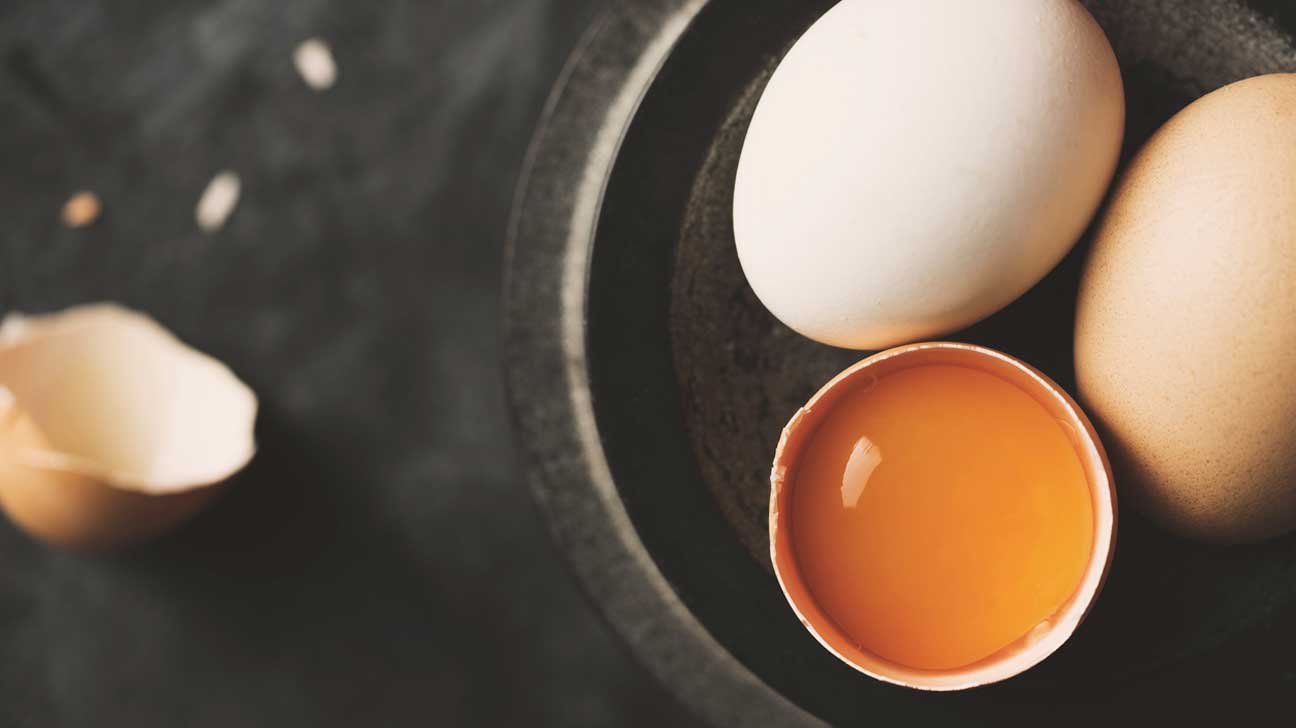

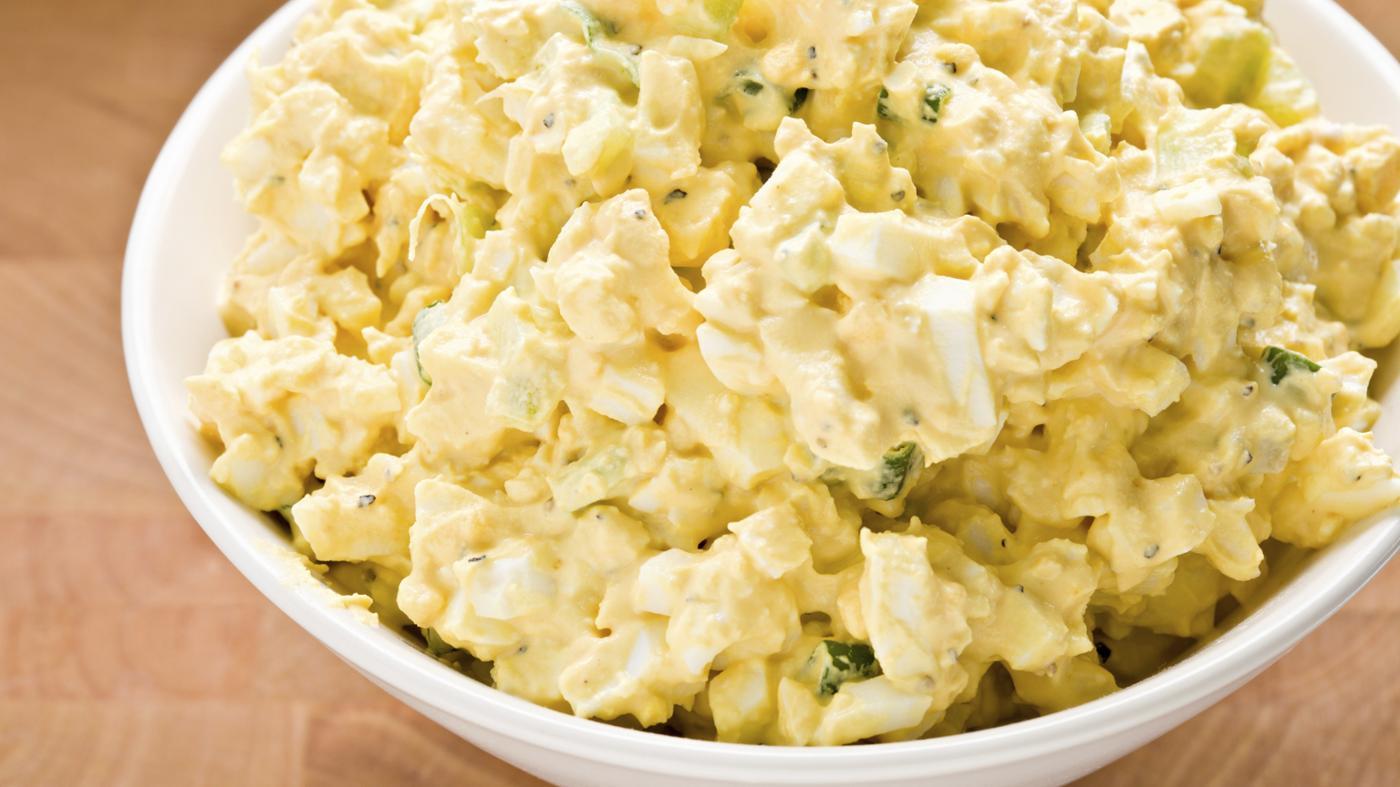
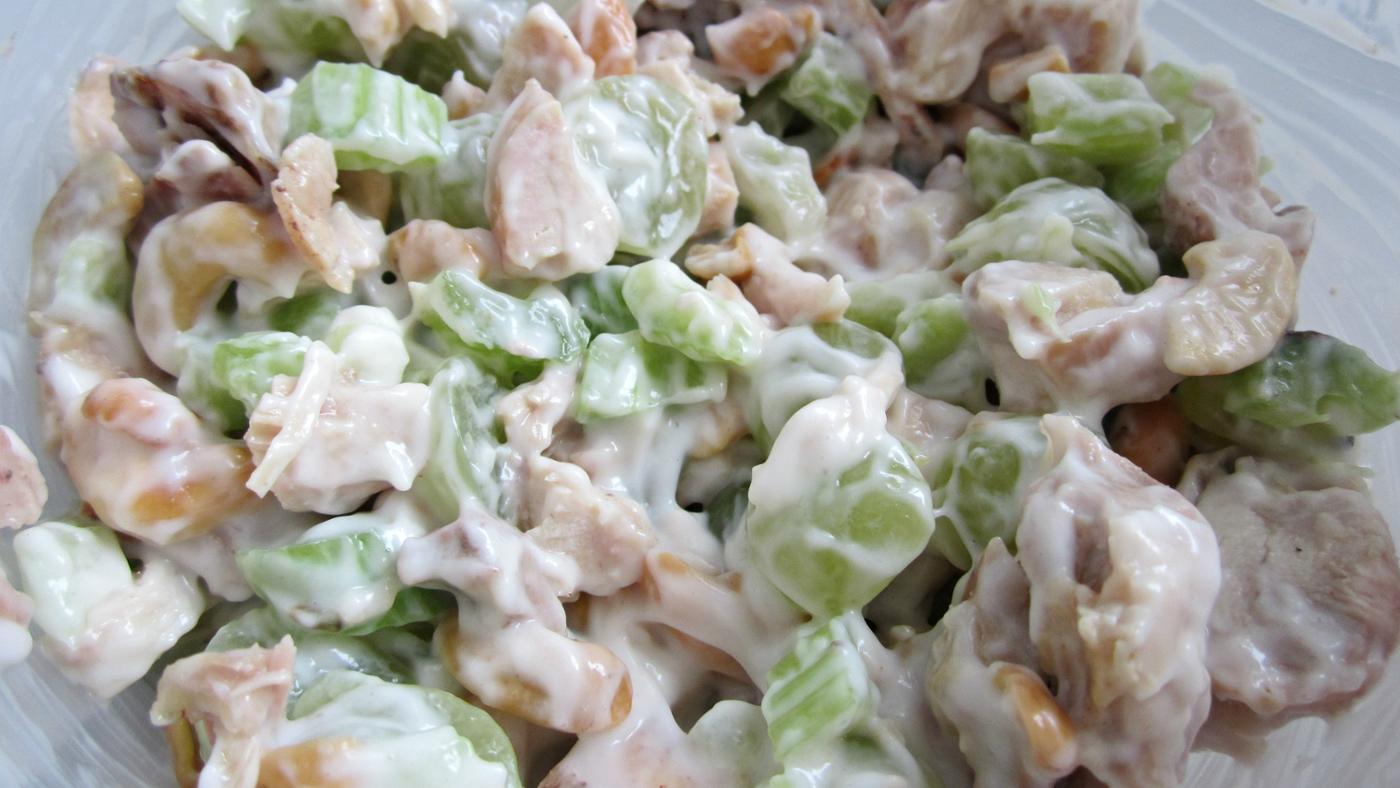
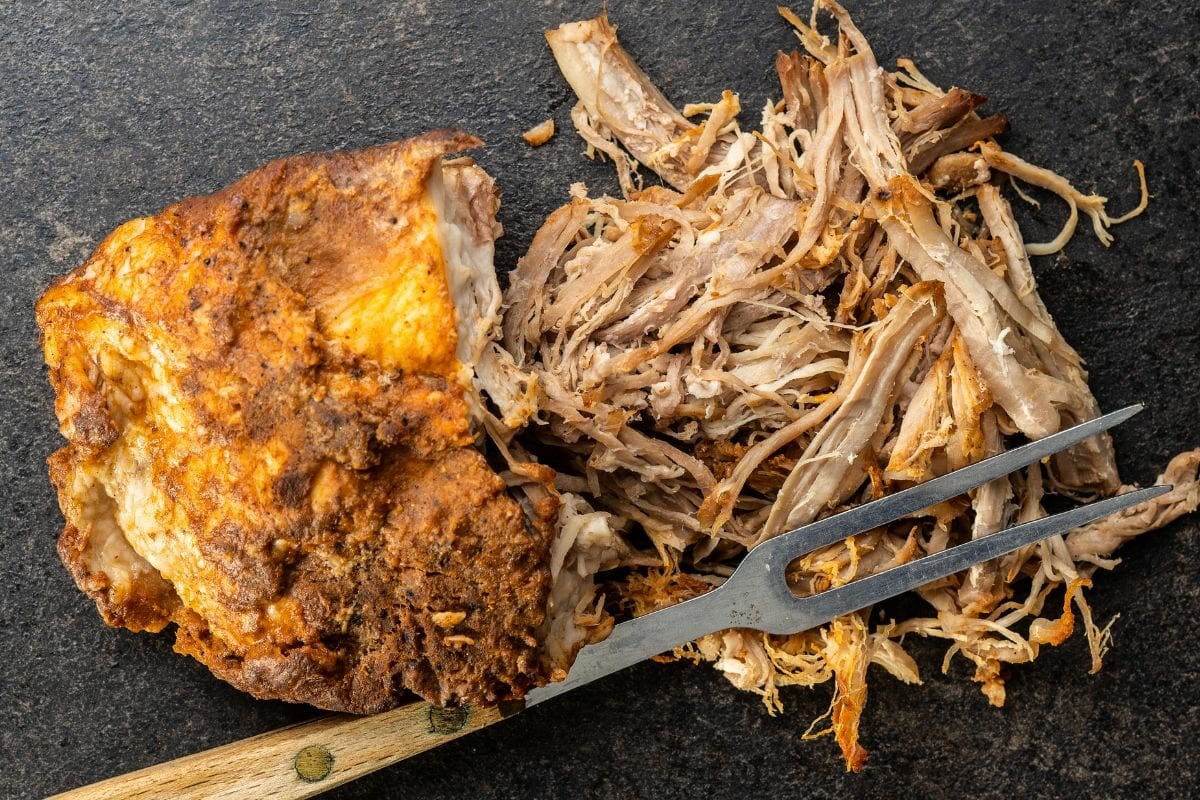
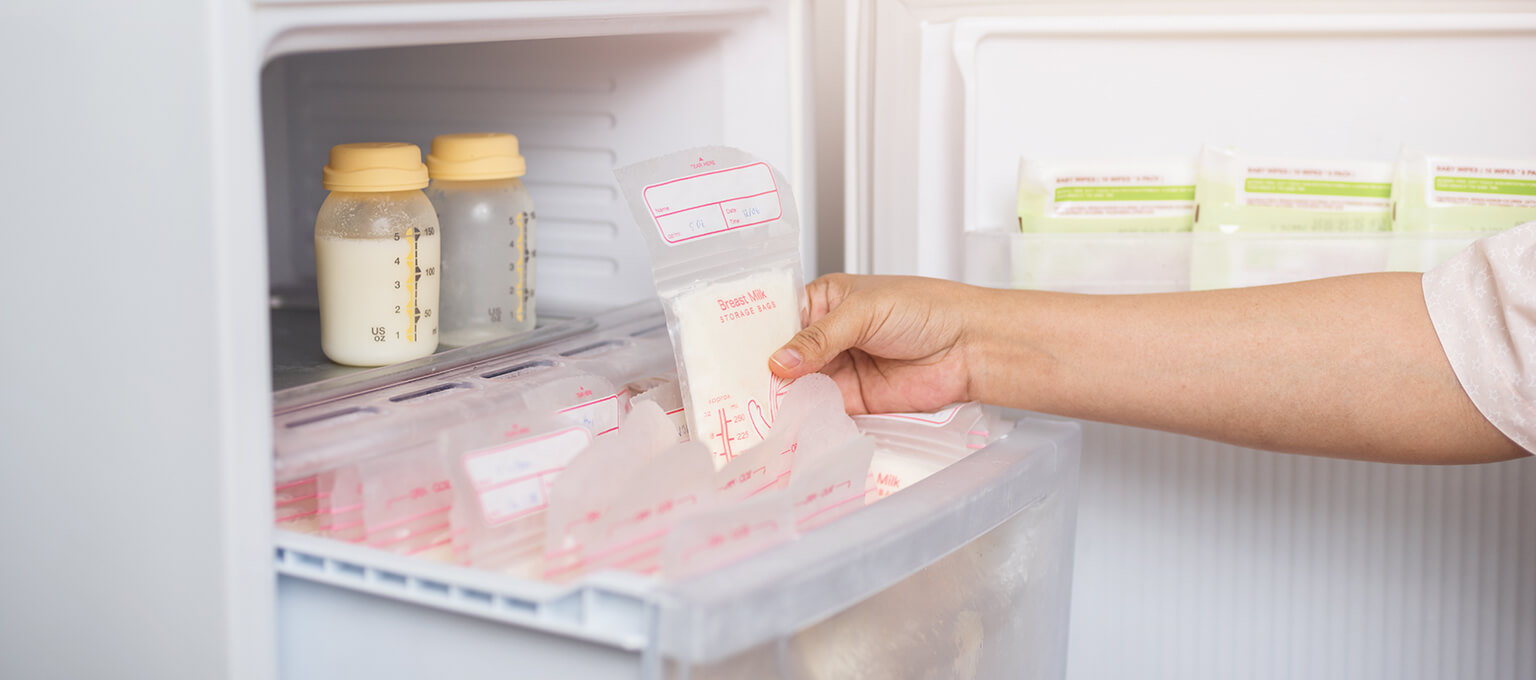
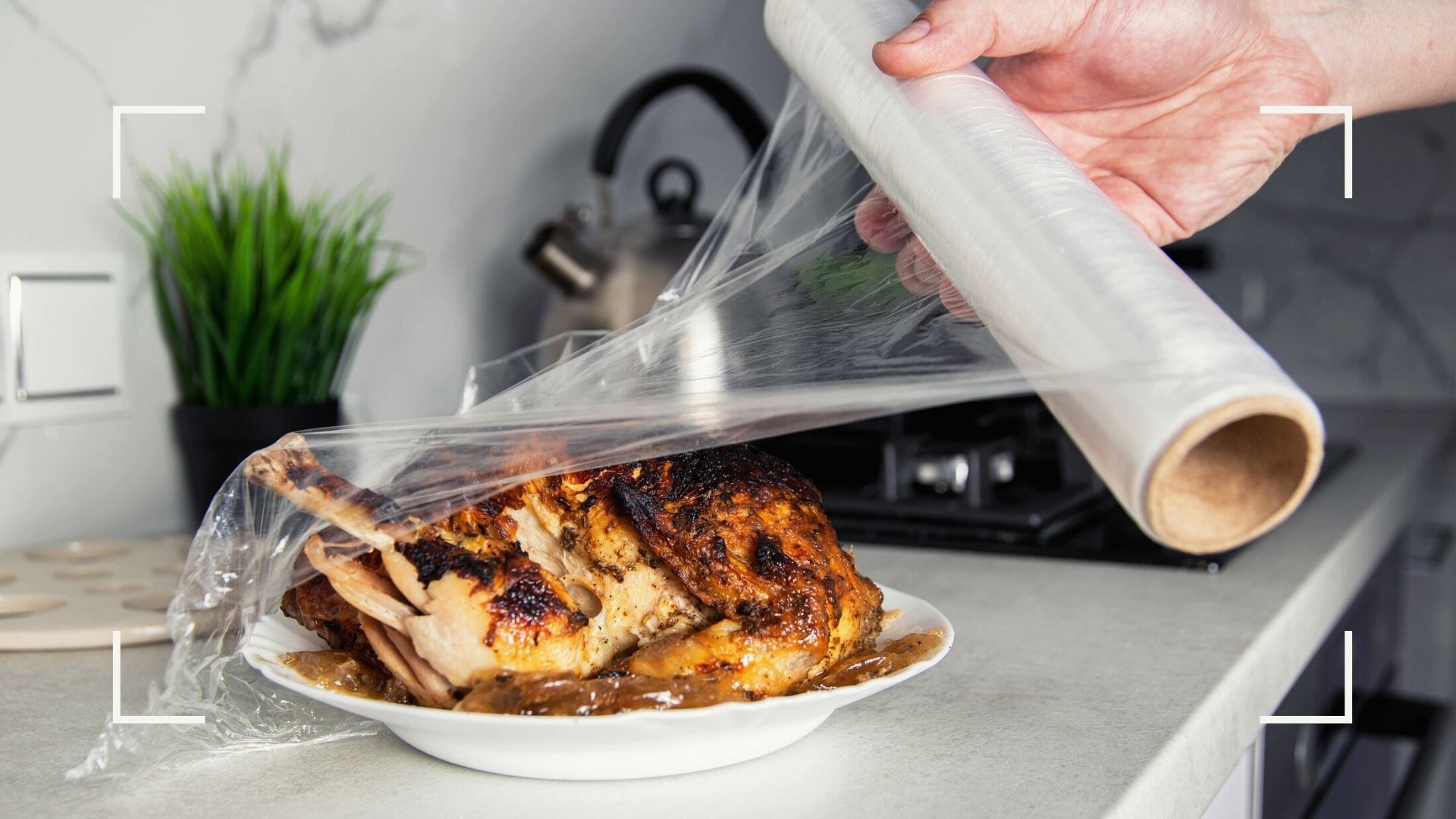
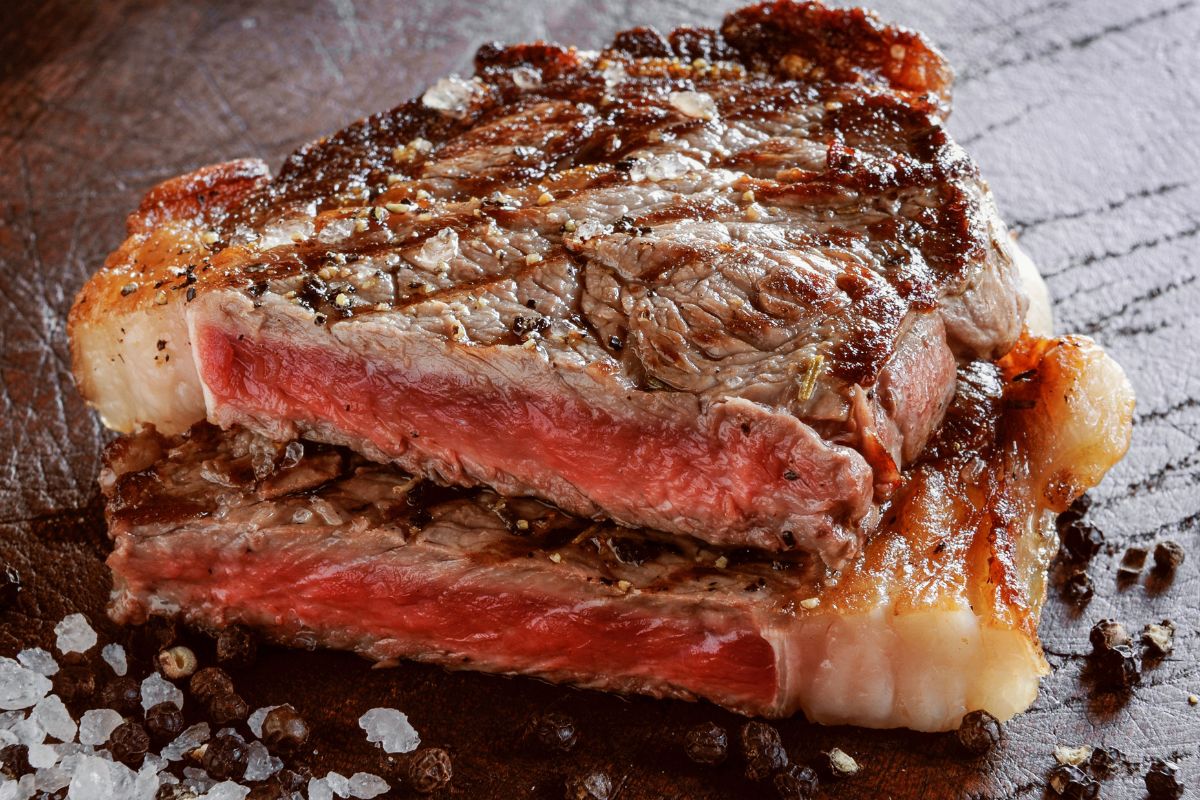

0 thoughts on “How Long Are Mushrooms Good In The Refrigerator”